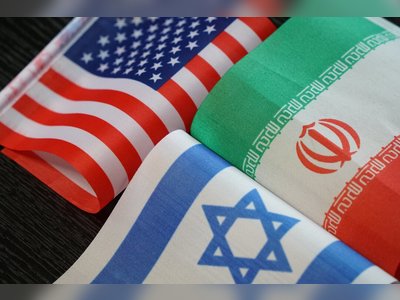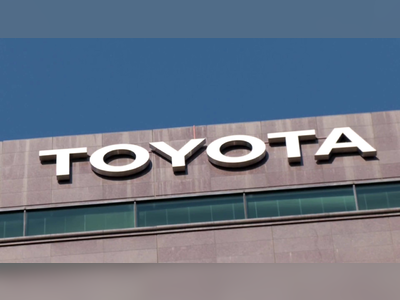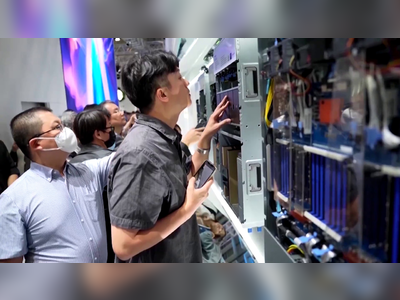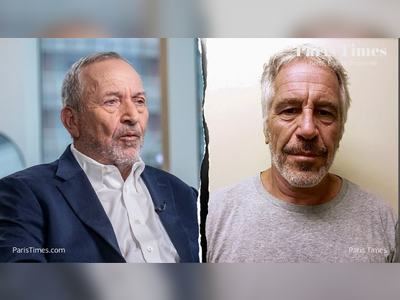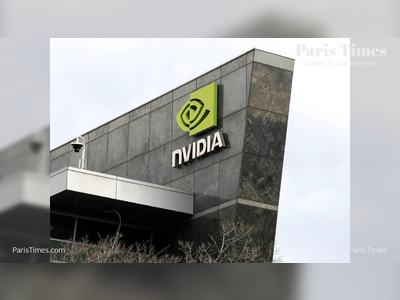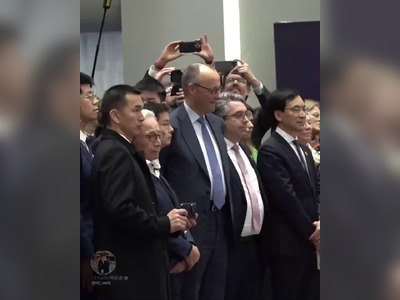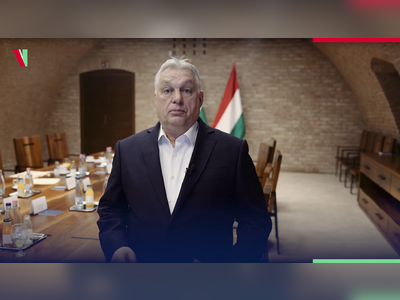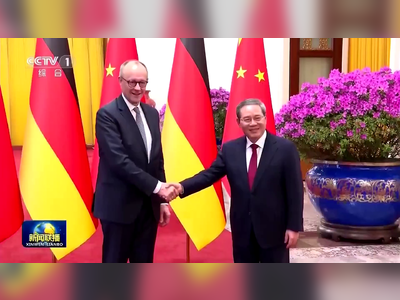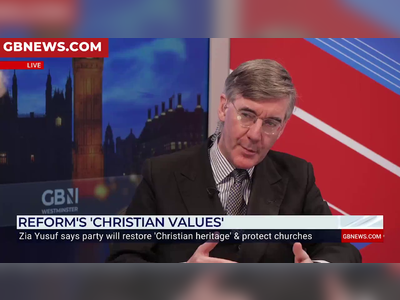Elon Musk Sues Apple and OpenAI Over Alleged App Store Monopoly
Elon Musk accused Apple Inc. and OpenAI in a lawsuit of unfairly favoring the artificial intelligence company across iPhones and blocking competition from other chatbot makers.
Musk's X and xAI are seeking billions of dollars in damages in the suit filed Monday in federal court in Fort Worth, Texas, arguing that Apple's decision to integrate OpenAI into the iPhone's operating system suppresses competition and innovation in the AI industry and harms consumers by depriving them of choice.
The billionaire founder of xAI Holdings, which now houses the Grok AI team and the X social network, said Apple makes it impossible for anyone other than OpenAI's ChatGPT to reach the top of the App Store charts, a highly coveted global spotlight for app developers.
The case sets up a high-stakes court battle between the richest person in the world and one of the world's most valuable companies.
Apple and OpenAI—whose ChatGPT service is the most-downloaded free iPhone app in the U.S.—have a partnership around AI built into the latest iPhones. Musk, 54, has a long-running feud with OpenAI Chief Executive Officer Sam Altman, stemming from disagreements that led to their split after co-founding OpenAI a decade ago.
Apple and OpenAI's "exclusive arrangement has made ChatGPT the only generative AI chatbot integrated into the iPhone," lawyers for Musk's companies said in the lawsuit, adding that the companies "have locked up markets to maintain their monopolies and prevent innovators like X and xAI from competing."
"This latest filing is consistent with Mr. Musk's ongoing pattern of harassment," an OpenAI spokesperson said in a statement. Apple did not immediately respond to a request for comment.
Apple has faced scrutiny from regulators worldwide in recent years over claims that its App Store illegally stifles competition in the mobile application marketplace. The iPhone maker has also been engaged in a five-year legal battle with Fortnite creator Epic Games Inc. over the App Store's dominance in the smartphone software market.
Some of the allegations in Musk's suit mirror those brought by the U.S. Department of Justice against Apple. The government sued the iPhone maker in New Jersey federal court in March 2024, alleging that the company monopolized the smartphone market by blocking rivals from accessing hardware and software features on its popular devices. Apple lost a bid to dismiss the case in June.
The government’s lawsuit alleges that Apple has used its control over app distribution to block innovations that would have made it easier for consumers to switch phones, particularly by restricting "super apps." Musk's suit makes a similar allegation, arguing that Apple’s conduct hinders "everything apps" like X.
"Apple's conduct inhibits the growth of AI and super apps by allowing OpenAI to maintain its monopoly and curtailing innovation and investment in generative AI chatbots that could develop into super apps replacing iPhone functionality," the complaint states.
In addition to monetary damages, the suit seeks a court order preventing Apple and OpenAI from continuing with their alleged "illegal arrangement."
Apple announced a deal with OpenAI last year to incorporate ChatGPT into Apple Intelligence on the iPhone. In court testimony in May, Eddy Cue, Apple's senior vice president of services, said the deal with OpenAI is non-exclusive and that Apple has the ability to integrate other AI apps or features if it chooses. Cue’s testimony was part of the Justice Department's antitrust lawsuit against Google.
The lawsuit filed by Musk's companies follows his August 11 social media post in which he asked whether Apple is "playing politics" by not promoting his products. Apple responded in a statement that the App Store "is designed to be fair and free of bias." Altman replied to Musk's X post by shifting focus to how Musk manages the X platform, suggesting he manipulates it to serve his personal interests.
The case is X Corp. et al. v. Apple Inc., U.S. District Court, Northern District of Texas (Fort Worth).
